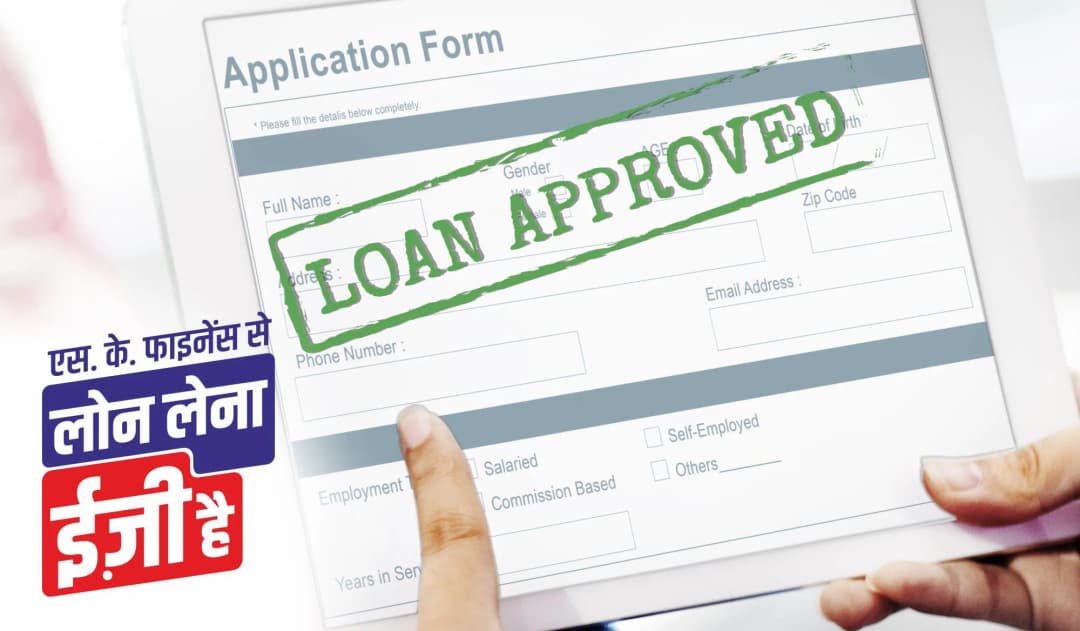Being a loan guarantor is a financial obligation that can directly affect your credit rating and capacity to incur further debt. Whether you would be a guarantor for a friend or a relative, you should know what guarantor loans are and how they can impact your financial situation.
Who is a Loan Guarantor?
A loan guarantor is an entity or a person who accepts responsibility for paying off the loan should the main borrower default. Guarantors are a safety net for the loan providers, offering assurance that the loan will be paid even if the borrower fails on their payments or faces financial difficulties.
Unlike a cosigner, you usually have no ownership rights to the asset bought with the loan. Rather, you only become responsible for the overdue payment.
Responsibility and Role of a Loan Guarantor
As a guarantor, you take legal and financial responsibility for the loan borrowed. Should the borrower stop paying, you will also be responsible for the debt. According to the requirements and rules for a loan guarantor, your responsibility will run until the loan is fully paid off.
Can a Guarantor Withdraw His Guarantee From the Loan?
Usually, withdrawing your guarantee is not practical following loan disbursement. Legal loan agreements rarely allow guarantors to be altered midcourse through the repayment plan.
However, in certain circumstances, a loan guarantor could be absolved of liability if:
- The borrower negotiates a revised agreement and then refinances the loan.
- The financier agrees to replace the guarantor with another qualified person.
- Either the loan gets closed or is fully repaid before the due date.
Before agreeing as a guarantor on any loan, read the agreement to find out if and under what circumstances you might withdraw the guarantee.
How Does Being a Guarantor Impact Your Credit Score?
Becoming a loan guarantor directly affects your credit profile. Your total debt will include the guaranteed loan, which is shown on your credit report. Thus, your credit score may decline if the borrower misses or postpones any EMIs payments.
When evaluating a new loan request, loan providers take into account your current financial commitments. A large guarantor loan may make you look overleveraged and, hence, reduce your chances of clearance for future loans. In certain situations, a default might activate legal notifications and harm your credit rating even further.
Typically, becoming a guarantor has the same credit consequences as getting the loan yourself, even if you never handle the money directly.
Other Risks of Becoming a Loan Guarantor
Apart from the effects on your credit score, there are several other hazards to think about before agreeing to become a loan guarantor. These include:
- Withdrawal as a guarantor is difficult after the loan takes effect. You remain lawfully bound until the borrower presents collateral or locates an alternative guarantor.
- Should the borrower default, the loan provider could begin loan recovery from the guarantor. This could also result in legal proceedings.
- Financial problems, especially if circumstances deteriorate, can cause friction between you and the debtor.
Key Points to Consider Before Becoming a Loan Guarantor
Choosing to be a guarantor entails a great financial risk. Consider the following carefully before signing a loan agreement:
- Examine the borrower's credit history, income statements, and certificate of employment. Ensure their credit policies and repayment histories are consistent. Do not take the risk if there is any proof of erratic payments or overdue debts.
- Read the loan agreement carefully before signing the document. Pay attention to the default condition clauses, repayment tenure, and repayment terms with lump sum repayment EMIs. If you are uncertain about any of these, you need to seek the assistance of a lawyer.
- Monitor the repayment schedule. Mark in your calendar when the borrower will be paying an EMI. You may want to get updates about the borrower's repayment status during the loan tenure.
- Consider having a co-guarantor. In case the loan amount is significant, you can ask the borrower to add a co-guarantor for the loan so that your personal risk is significantly lower.
Conclusion
Becoming a guarantor seems to be an easy favor to grant. However, it has financial, commercial, and legal consequences. One missed payment by the borrower might compromise your credit score, loan capacity, and peace of mind.
Assessing the dangers and grasping the terms of the contract and agreement is essential. Should you choose to assume the role of a guarantor, closely monitor the borrower's fulfillment of their obligations.
Visit our nearest branch to get loans at the most flexible repayment terms and competitive interest rates to minimize your risk.



















































